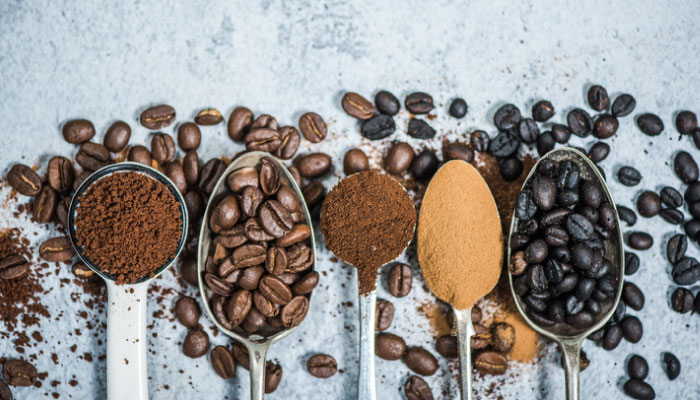Within the world there are many forms of energy that one can use to help them stay focused and awake. The first thing that usually comes to mind is caffeine. What better drink on those late nights working than a cup of coffee or an energy drink? The question becomes, what are the effects of these drinks. Are they possibly effecting people’s well-being and health without them knowing the long-term effects? This is what I sought to find. Is caffeine, specifically coffee, damaging to one’s health long term
Through my research the common causes of habitual use of coffee is hypertension, mood swings, the initial “rush” with a equal “crash”, and finally the addiction. The stages of the drug caffeine are a large release of dopamine followed by a “caffeine crash.” As Steven Topik states, “coffee is one of the most widely consumed beverages and most internationally traded commodities in the world in good part because caffeine is the world’s most popular drug, a legal drug” (81).
There are very little studies of long term caffeine effects. However, throughout my research I came across Jared Reis. He is a part of the Division of Cardiovascular Sciences, National Heart, Lung and Blood Institute. He concluded in his research that, “Coffee is the primary source of caffeine in many populations; it also contains several other biologically active components that may have either harmful or beneficial cardiovascular effects. For instance, caffeine may immediately lead to an increase in blood pressure, although there is little evidence of an elevation in long-term studies” (2). From his findings we can conclude that there are some effects that caffeine has on the body.
The coffee culture in many parts of the world, portray a society that cannot function without their daily coffee fix. Large multi-national companies such as Starbucks, Tim Horton’s, and Dunkin Donuts “America Runs on Dunkin’” continuously and relentlessly advertise coffee as the only way to start the day. It’s no wonder, that people fall into the trap of having to have a coffee to function. More research needs to be completed to expose the true truth of the morning caffeine.
Sources:
Fagerstrom, K. (2018, July 30). A Comparison of Dependence across Different Types of Nicotine Containing Products and Coffee. Retrieved October 15, 2020, from https://www.ncbi.nlm.nih.gov/pmc/articles/PMC6121467/?tool=pmcentrez
Grey, J. (1998, December 10). “Caffeine, coffee and health”. Nutrition & Food Science, vol. 98, no 1998, pp. 314-319 OhioLINK Electronic Journal Center, rave.ohiolink.edu/ejournals/article/319699474rave
Reis, J. P., Loria, C. M., Steffen, L. M., Zhou, X., Horn, L. V., Siscovick, D. S., . . . Carr, J. J. (2010). “Coffee, Decaffeinated Coffee, Caffeine, and Tea Consumption in Young Adulthood and Atherosclerosis Later in Life.” Arteriosclerosis, Thrombosis, and Vascular Biology, 30(10), 2059-2066. doi:10.1161/atvbaha.110.208280
Topik, Steven. “Coffee as a Social Drug.” Cultural Critique, no. 71, 2009, pp. 81–106. JSTOR, www.jstor.org/stable/25475502. Accessed 16 Oct. 2020.
Pineda, Javier A., Maricel Piniero, and Anayatzin Ramirez. “Coffee Production and Women’s Empowerment in Colombia.” Human Organization, vol. 78, no. 1, 03/01/2019, pp. 64-74.
